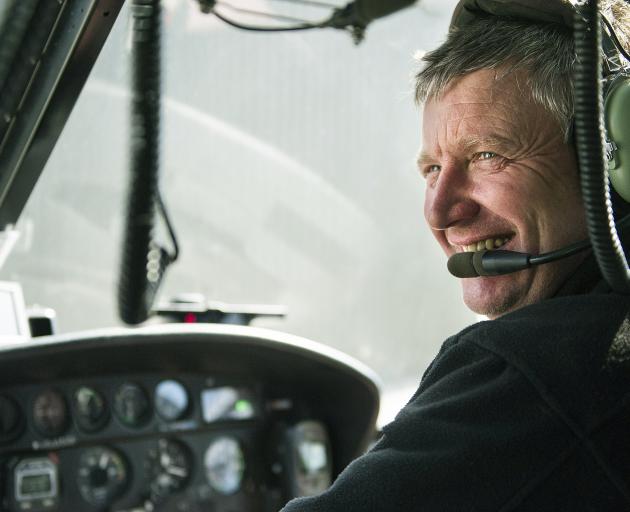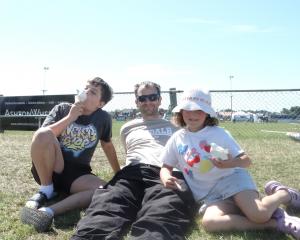
Yesterday it was announced John Oakes, who died in 2016, has been posthumously awarded the Australian Antarctic Medal for his service to the Australian Antarctic programme as a helicopter pilot, and his role in a dramatic, 36-hour rescue operation.
An Australian Government citation said Mr Oakes wintered in the Antarctic from 2009 to 2011 and completed two summer seasons in 2011-12 and 2013-14, working for the Australian Antarctic Division as helicopter support flying people to isolated places to assist in scientific studies.
He was also lead pilot for the Macquarie Island pest eradication project in 2011.
On December 1 in 2013 his role changed dramatically when a helicopter crashed in a remote, heavily crevassed area.
Mr Oakes was flying the other of two helicopters returning from a mission to survey a penguin colony when he saw the crash, about 240km from Davis Base.
One woman crawled through the snow away from the wreck, as did the pilot.
The other Australian expeditioner was found trapped in the wreck, hanging upside down, held by her seatbelt, with her foot caught in the seat panel.
They had all suffered serious injuries and Mr Oakes raised the alarm.
Two aircraft arrived overhead within an hour and a-half, but due to the deteriorating weather and the surrounding area of bad crevasses, they were unable to land and returned.
Frequent snow showers and blizzard-like conditions continued as Mr Oakes and his passenger tended to the injured, making sure all the three were protected from the elements, one in a bivouac shelter and the others in the rear of Mr Oakes' helicopter.
They waited on the ice for 20 hours before there was a suitable weather window to fly to Sansom Island, where another plane was waiting to help return the injured to Davis Base.
He took two of the injured there, refuelled and returned to the crash site with a doctor and an engineer on board.
On the return to Davis Base, storms started to hit again.
Bruna Oakes said her husband would be "humbled" by the honour and would have said he was "just doing his job".
She planned to fly to Australia to receive the medal later this year.
Mr Oakes received the Royal Humane Society silver medal in June 2015 for his role in the rescue.














